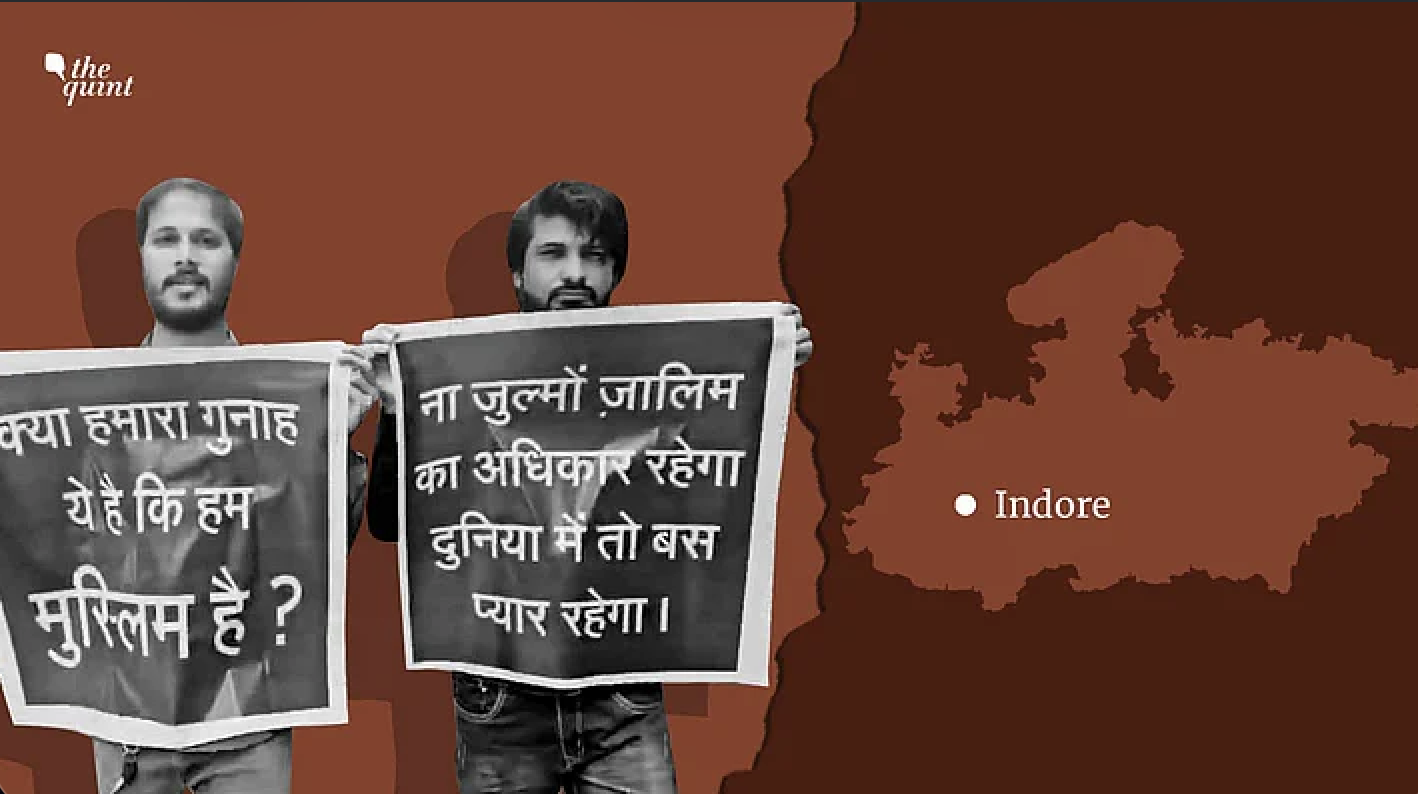
A month-long campaign in Indore by Hind Rakshak Sangathan chief Aklavya Singh Gaud, who is also the district vice president of the Bharatiya Janata Party (BJP), has resulted in the dismissal of more than 60 Muslim workers and the exit of several Muslim shopkeepers from the Sheetla Mata market in the city.
The move, justified by Gaud and his supporters as a crackdown on so-called “love jihad,” has stoked communal tensions in Madhya Pradesh’s commercial capital and raised troubling questions about the erosion of constitutional rights and values. Gaud’s right-wing fringe outlet was also behind accusing stand-up comedian Munawar Faruqui for allegedly hurting religious sentiments in 2021.
In late August, Gaud allegedly issued a diktat to shopkeepers in Sheetla Mata market, asking them to remove Muslim employees by 25 September.
He alleged that Muslim salesmen were “misusing” their proximity to Hindu customers, exchanging mobile numbers under the pretext of sharing garment designs, and thereby drawing young women into relationships described as “love jihad.”
Gaud, son of three-time BJP MLA Malini Gaud, denied setting a formal deadline, but admitted to raising the issue.
“All the shopkeepers held a meeting and were unanimous in their decision. It was not my diktat. It was the traders’ call and a collective decision,” he told The Quint. Yet, his influence over the market association and political ambitions in Indore’s “Char Number” Vidhan Sabha seat are widely seen as the driving force behind the campaign.
Gaud’s father Laxman Gaud was a former cabinet minister and known for his hardcore Hindu leader image. He died in a road accident a few years ago.
The Sheetla Mata Bazaar Vyapari Association openly backed the decision. The association’s president Hema Panjwani defended the expulsion of Muslim workers.
“They would stand on the road, call out to women and stare at them. Bhaiya (Aklavya Gaud) has taken up the issue. Nobody should have rented their shops to Muslims in the first place; all of them will have to vacate.”
Hema Panjwani
Her words underscore the shift from an isolated controversy to what may become a broader campaign targeting Muslim traders across Indore.
This story was originally published in thequint.com. Read the full story here.

